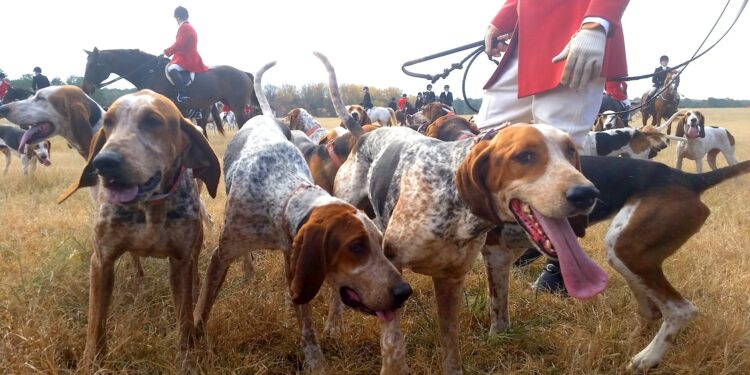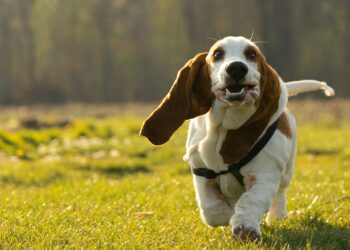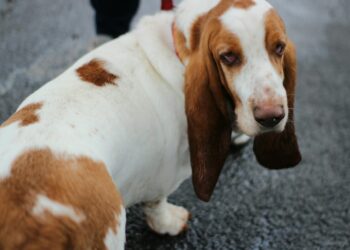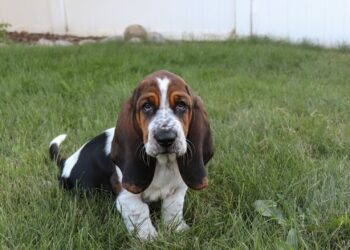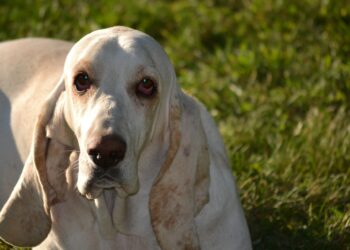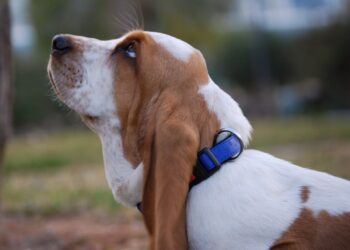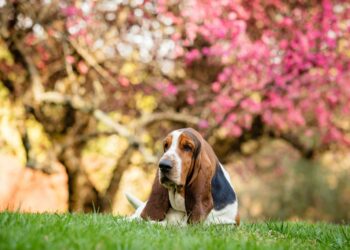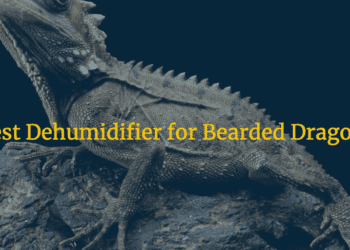Basset Hounds are widely known for their adorable, droopy faces and gentle dispositions. Originally bred in France for hunting small game, these lovable dogs possess a keen sense of smell and remarkable tracking abilities. Although they may not be the fastest or most agile hunters, their excellent scenting skills and persistence make them competent hunting companions for certain types of game.
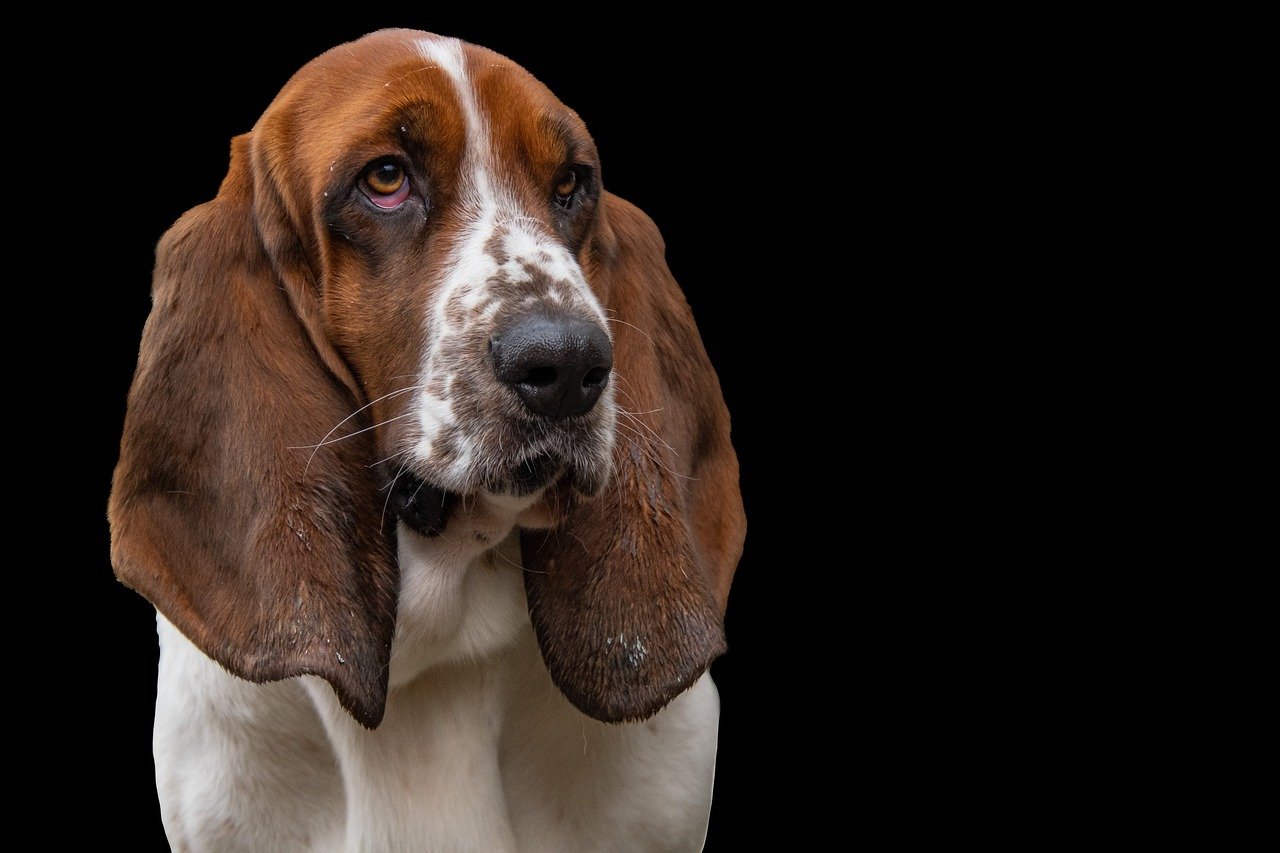
Contents
Basset Hounds’ Aptitude for Hunting
Basset Hounds have been selectively bred for centuries to excel in the field of hunting. Their strong olfactory abilities enable them to pick up scents with precision, making them particularly efficient in tracking games such as rabbits, squirrels, and even deer. Although slower in comparison to other hunting breeds, Basset Hounds compensate with their incredible stamina, allowing them to persistently follow trails for hours.
Their unique body structure, with long, low-to-the-ground bodies and short, sturdy legs, serves a purpose in hunting. The Basset Hound’s distinct physical attributes help them stay closer to the scent trail, especially when pursuing small games that may go into burrows or cover dense areas. Their pendulous ears and wrinkled skin around the face assist in trapping scents and funneling them towards the nose, enhancing their tracking abilities even further.
Training and Challenges
While Basset Hounds possess natural hunting instincts, proper training is essential to shape their skills and refine their hunting abilities. With their mild-mannered and friendly nature, they are easily trainable and respond well to positive reinforcement techniques. However, it is vital to begin training them as puppies and focus on obedience commands, recall, and basic training before progressing to specific hunting exercises.
One important factor to consider is that Basset Hounds can get easily distracted due to their scent-driven nature. Their noses can lead them astray, so it’s crucial to keep them focused and engaged during hunts. Consistent training and ample socialization can help overcome these challenges.
FAQs
Q: Are Basset Hounds suitable for all types of hunting?
A: While Basset Hounds are excellent tracking dogs, they are not suitable for all types of hunting. Their slow pace and short legs make them less efficient for pursuits requiring speed and agility. However, they excel in hunting small game and trailing wounded animals.
Q: Can Basset Hounds be trained to hunt?
A: Yes, Basset Hounds can be trained for hunting. With their exceptional sense of smell and instincts, they can develop into competent tracking dogs. Early, consistent training and socialization are key to channeling their hunting abilities appropriately.
Q: Do Basset Hounds make good family pets?
A: Absolutely! Basset Hounds are known for their gentle and friendly temperament, making them wonderful family pets. They are highly affectionate, and patient, and get along well with children and other animals when properly socialized.
Q: How much exercise do Basset Hounds need?
A: Basset Hounds require regular exercise, but their exercise needs are not excessive. Daily walks, playtime, or a secure fenced yard to roam around in are usually sufficient to keep them happy and healthy. However, be cautious not to over-exercise them as their long backs can cause strain and potential health issues.
Q: Are Basset Hounds prone to health problems?
A: Basset Hounds are generally healthy dogs but can be prone to certain conditions such as obesity, ear infections, and musculoskeletal issues due to their long bodies and short legs. Routine veterinary care, a balanced diet, and regular exercise can help mitigate the risk of these problems.
Q: How long do Basset Hounds live?
A: The average lifespan of a Basset Hound is around 10 to 12 years. However, with proper care, nutrition, regular exercise, and routine veterinary visits, they can live longer, healthier lives.
More:


